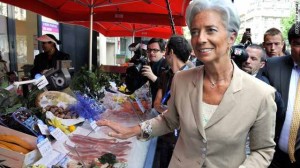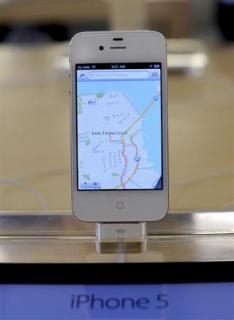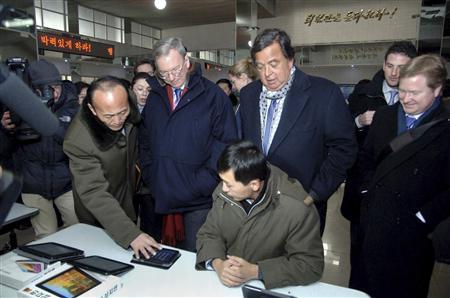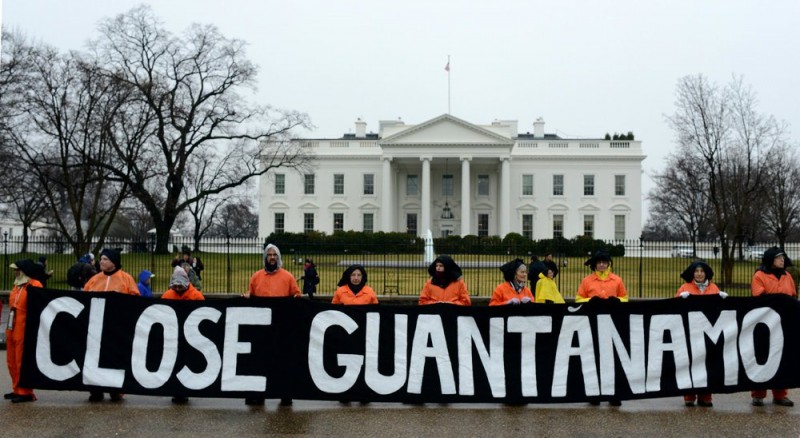 The country’s passport office has become the first government body to recognise formally that there are those in Bangladesh who consider themselves neither male nor female.
The country’s passport office has become the first government body to recognise formally that there are those in Bangladesh who consider themselves neither male nor female.
Applicants for the new machine-readable passports receive a form that allows them to tick either ‘male’, ‘female’ or ‘other’.
In 2008, the Election Commission allowed hijras (transsexuals) to vote, but they had to choose to be identified as either male or female.
Md Sirajuddin, director of the Department of Immigration and Passports, did not explain the reason for the sudden change of policy but said, ‘Hijras are citizens of this country so we decided to offer an option for them in our forms.’
Zobaida Nasreen, a teacher of anthropology at Dhaka University who
has done a lot of research on those who define themselves neither as male nor female, said that it was a very positive development for the hijras.
‘But whatever decisions the government takes must be discussed with the hijras, otherwise they will not be benefited,’ she said
Hijra leaders are delighted by the change.
Pinky Hijra, director of the Badhan Hijra Sangha, said that it was ‘a very good sign that in the new passport form there is a box for hijras’.
‘The government, however, has more things to do to ensure the rights that hijras, like all human beings, are entitled to. It should ensure our basic rights as citizens of this country,’ she added.
Hijras consider themselves to be marginalized and deprived of the rights that others have.
Sumaiya, who was born a boy but now at 21 years of age identifies herself as a hijra, said, ‘I am the child of a mother and father like you. You have all the rights but I am alienated from society. Why?’
‘If a blind, deaf or other physically disabled persond have the right of citizenship, why am I deprived of it?’ she asked.
‘In school when I went to play with the boys, they did not accept me, and even the girls also did not want to play with me,’ she said sadly.
From her early childhood, though born a ‘boy’, she started to like female clothing, make-up and attire, playing with girls rather than boys, preferring household work that is culturally assigned to females, rather than boys’ games.
As few in her family empathised with her and did not let her behave like a girl, she left the house.
She changed her name from Riyon Islam to Sumaiya Akhter Riya.
This is a common story. As their own real families tend to disown them, hijras form small groups to live and struggle together.
Each group is headed by a leader called a guru ma, who trains the newly joined hijras to dance, sing and use musical instruments to perform in family programmes. Few of them receive education.
But with the advent of satellite TV channels, people hardly invite them to dance and sing in the functions, and so they collect money from shops for their subsistence.
Many hijras also earn money as sex workers. One such hijra is Puspita, who lives under Shapna guru ma in Moghbazar.
‘This society has made me a prostitute. To survive I need money,’ she said bitterly.
Pinky Hijra said there are no authentic statistics on how many hijras exist in Bangladesh, with estimates varying from 30,000 to 1,50,000.
She said that hijras in India can earn Tk 10,000 to Tk 20,000 from a function, which is impossible in Bangladesh.
Mezbah, 60, a hijra leader at Bangshal in Dhaka, said that the hijra community does not get any help from the government.
Some non-government organizations claim that they are working for Hijras, he said, ‘but we do not get even 10 paisa help from any one of them’.
The joint secretary to the social welfare ministry, Mujibur Rahman, admitted to New Age, ‘The government does not have any plan to help Hijras right now.’
However, at a meeting on May 11 with its chairman M Mozammel Hossain in the chair, the parliamentary standing committee on the social welfare ministry asked the ministry to take steps to ensure the fundamental rights and rehabilitation of the country’s hijras.
Zobaida Nasreen, a teacher of anthropology at Dhaka University, told New Age that one of the reasons why the hijra community is deprived of fundamental rights is that the law only recognises the male or female genders.
She said that hijras find it difficult to get work in the ordinary job market, so they sometimes get involved in various illegal activities in order to survive.
A low number of hijras were included in the voters’ list, but they were not identified as the ‘third sex’, she added. ‘Rather, those who wear saris were considered females and those who wear shirts were considered males.’
Zobaida said, ‘The government should set up a school in Kuril where more than 1,000 hijras live.’
Author : Ferdous Ara




































